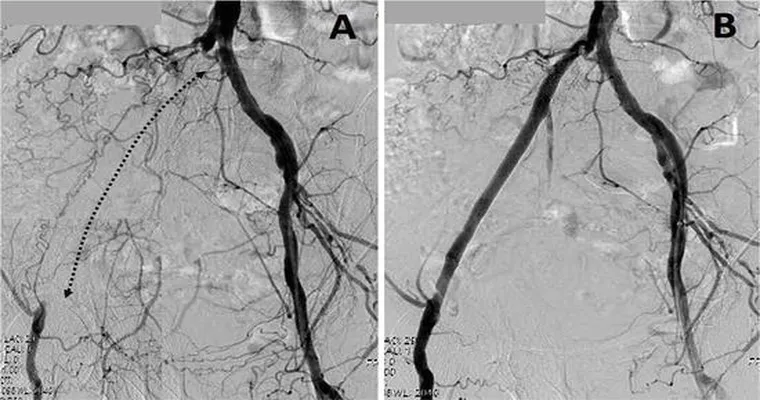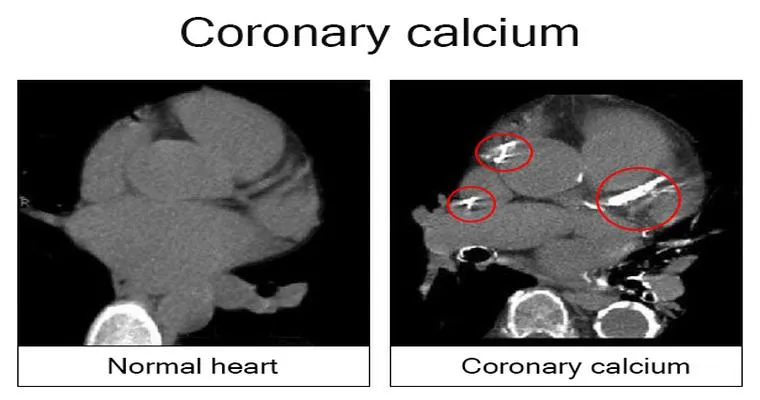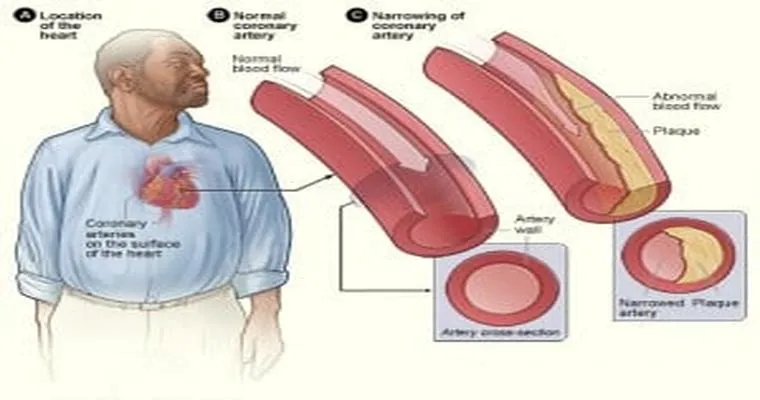Determining how "old your heart" is can provide valuable insights into your overall "cardiovascular health". While traditional age measures how many birthdays you have celebrated, your heart's age can differ significantly based on various factors such as lifestyle, genetics, and existing health conditions. Understanding this concept can empower you to make informed decisions for a healthier life.
The Concept of Heart Age
Heart age refers to an estimation of your heart's health based on factors such as "blood pressure", "cholesterol levels", and lifestyle choices like diet and exercise. Cardiologists often use this concept to highlight the importance of maintaining a healthy heart, regardless of chronological age. For instance, a 50-year-old individual with high blood pressure and poor dietary habits may have a heart age of 60 or more, while a physically active 60-year-old might have a heart age of only 50.
Factors Affecting Heart Age
Several key factors can influence your heart's age:
1. "Lifestyle Choices": Regular exercise, a balanced diet, and avoiding smoking can significantly lower your heart age. Conversely, a sedentary lifestyle and poor eating habits can increase it.
2. "Genetics": Family history plays a crucial role in determining heart health. If cardiovascular diseases run in your family, you may need to be more proactive in monitoring your heart health.
3. "Health Conditions": Conditions such as "diabetes", high cholesterol, and high blood pressure can negatively impact your heart age. Regular check-ups and managing these conditions are essential for heart health.
4. "Stress Levels": Chronic stress can contribute to heart disease. Finding effective stress management techniques can positively influence your heart age.
How to Determine Your Heart Age
You can estimate your heart age through various online calculators that consider factors like age, gender, weight, blood pressure, and cholesterol levels. Many health organizations provide these tools as part of their heart health awareness campaigns. However, for a more accurate assessment, consulting with a healthcare professional is recommended. They can conduct tests and evaluations to give you a clearer picture of your heart health.
Steps to Improve Your Heart Age
If you find that your heart age is higher than your chronological age, don't worry. There are several steps you can take to improve it:
1. "Adopt a Healthy Diet": Focus on whole foods, including fruits, vegetables, whole grains, and lean proteins. Reducing saturated fats, sugars, and sodium can also help.
2. "Increase Physical Activity": Aim for at least 150 minutes of moderate aerobic activity each week. Activities such as walking, cycling, and swimming can boost cardiovascular health.
3. "Manage Stress": Engage in relaxation techniques such as meditation, yoga, or deep breathing exercises to reduce stress effectively.
4. "Regular Check-ups": Monitor your blood pressure, cholesterol levels, and overall health with regular check-ups. Early detection of issues can lead to better outcomes.
5. "Quit Smoking": If you smoke, seek help to quit. Smoking is a significant risk factor for heart disease and can dramatically raise your heart age.
Conclusion
Understanding how "old your heart" is can be a vital step in taking control of your health. By focusing on key factors that influence heart age and making lifestyle changes, you can improve your cardiovascular health and potentially lower your heart age. Remember, it is never too late to start making healthier choices that benefit your heart. Take the time to assess your heart's age and commit to a healthier future.





